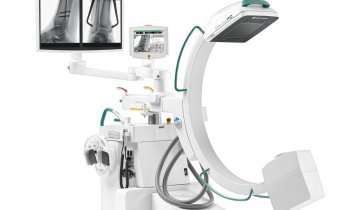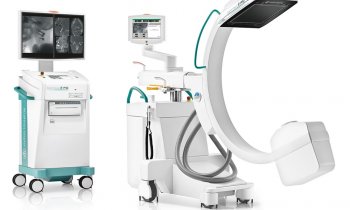England creates multiple Major Trauma Centres
Around 20,000 people become major trauma victims every year in England. Studies have shown that Major Trauma Centres (MTCs) with dedicated personnel and specialist equipment save more lives and reduce the risk of serious disability. Thus, to offer such victims better chances of survival, a new network of 22 MTCs has been established across the country to provide centralised care, with experts predicting that the initiative could save around 600 lives annually.
The project’s clinical leader, Sir Keith Porter, Professor of Clinical Traumatology at University Hospitals Birmingham NHS Foundation Trust (which runs the QEHB) said: ‘ This initiative is all about a culture of developing integration and cross-cultivation of specialties to produce the best possible care for our trauma patients.’ The centres have been working towards ‘going live’ for two years following a National Audit Office (NAO) report in 2010 that found many such deaths from could be avoided if care is improved.
A number of the new MTCs – partnerships working between hospitals to deliver trauma care services in a geographical area – became fully operational in April to treat the seriously injured – head injuries, knife or gun wounds or major damage from accidents. Working alongside local hospitaltrauma units, the 22 MTCs will operate 24/7 and be staffed by consultant-led specialist teams with access to the best diagnostic and treatment facilities. Previously, patients who suffered major trauma were simply taken to the nearest hospital, regardless of its level of serious injuries skills, facilities. Now, ambulance staff will use a trauma triage tool to assess patients and have the most severely injured taken directly to the nearest MTC for urgent treatment.
The Queen Elizabeth Hospital Birmingham went live at the end of March as a Major Trauma Centre to treat the most badly injured patients from across the West Midlands. It will be one of four such centres in the region capable of delivering specialist care to those with major head injuries, severe knife or gunshot wounds, spinal injuries and amputations. Evidence has indicated that having a major trauma system could save 45-60 (20%) more lives every year within the West Midlands region – as part of up to 600 lives saved nationally. In addition to the 22 MTCs across England, there are four in London – at King’s College Hospital, Royal London, St George’s and St Mary’s hospitals – which were the first to be set up.
In the last year around 4,000 people (about 11 a day) have been treated at these centres. Rob Bentley, Director of Trauma at King’s and Clinical Director of the South East London Major Trauma Network, said: ‘Over the last 12 months, since becoming operational as a Major Trauma Centre, we have seen significant advances in the care of majorly injured patients.’
16.07.2012








